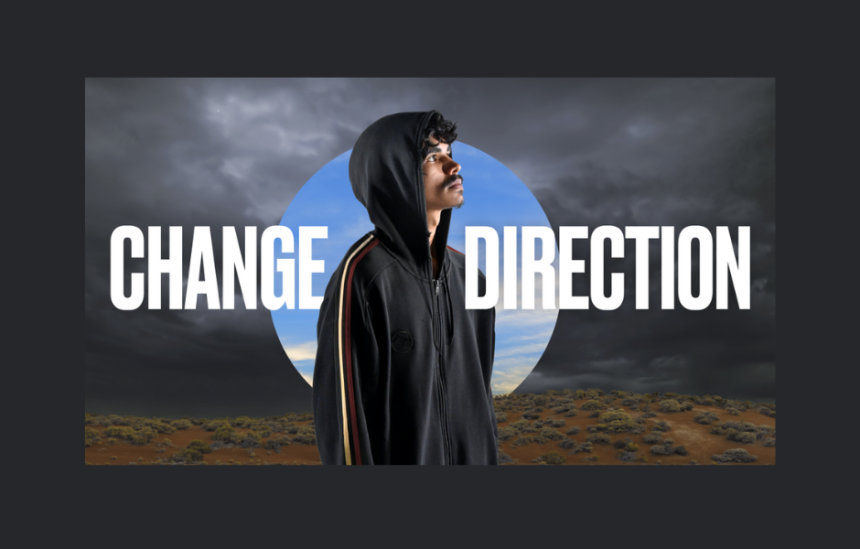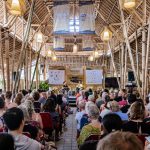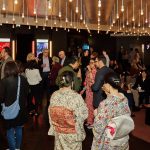A collective of renowned First Nations creatives, mental health professionals and cultural leaders have launched a national awareness campaign to draw urgent attention to the suicide crisis devastating Aboriginal communities – and to call on all Australians to be part of the solution.
At the heart of the campaign is “CHANGE DIRECTION”, a short film written by poet Dakota Feirer (Bundjalung-Gumbaynggirr) and brought to life by Cannes-winning filmmaker Warwick Thornton (Kaytetye) and advertising agency, Apparent. The film will be screened nationally through donated media placements and delivers a simple but urgent message: more Indigenous psychologists must be funded to support Aboriginal communities – and we must act now.
They have big plans for the short and it will be seen everywhere- from Qantas flights to sports events, all over multichannel media, and all year.
CHANGE DIRECTION POEM
This is my path
I’m giving up
There’s no way
I’ll rise out of the pain
This is my life
I’m walkin in two worlds
I don’t belong to neither
Confusion and self-hate
They’re a part of me
I know deep down
I should be proud
I come from wisdom and warriors
Healers and storytellers
But something follows me every step I take I know them well
Loneliness and trauma
These feelings are generational
Buried in my spirit like and echo
This is who I am
I’m made from this hard earth
My land and culture got washed away
So don’t tell me
There’s a power that’s inside of me
I didn’t know
Feeling lost
I’m not
Walking in the right direction
Nah, my country tells me
I’m Voiceless
That I’m worthless
That I belong in chains
My mental health is a shame
It’s a lie to say that
There’s a mob who can help me and
I can talk about these feelings
It’s time to say goodbye to this life
I no longer think that
I’m gonna keep fighting
This is the moment
This is my path
NOW READ THIS FROM THE BOTTOM TO THE TOP
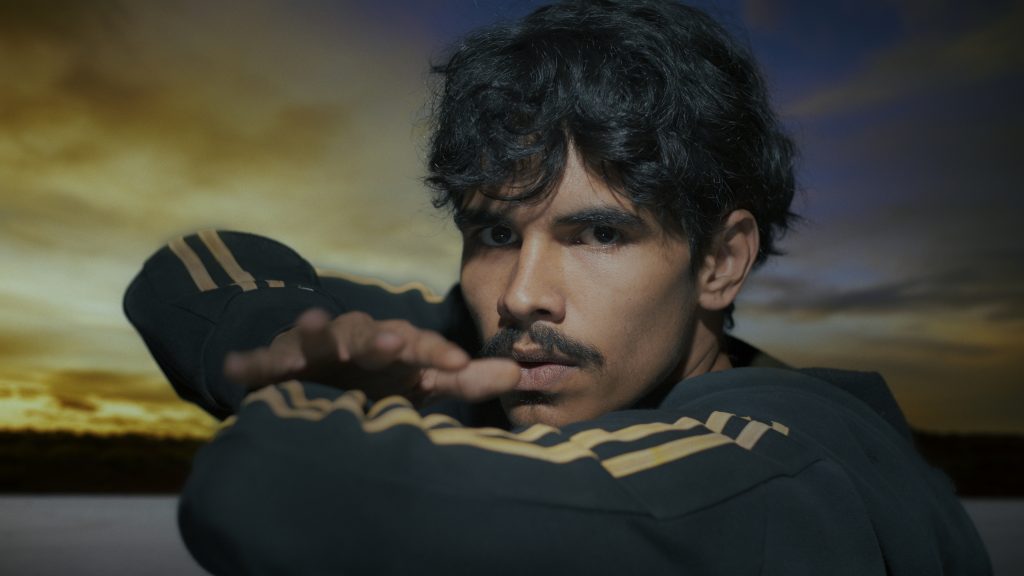
Suicide is the leading cause of death for Aboriginal and Torres Strait Islander people aged 15 to 44. Suicide rates among Aboriginal adults have increased by 30 percent in the past five years, meaning that Aboriginal adults are dying by suicide at more than twice the rate of non-Aboriginal Australians. This increases to as much as five times for Aboriginal people aged 15-24.
Research from the Westerman Jilya Institute, which provides scholarships for Indigenous students from high-risk communities to become psychologists, shows that one in four Indigenous young people presenting to mental health services have already attempted suicide, and nearly half have experienced suicidal thoughts.
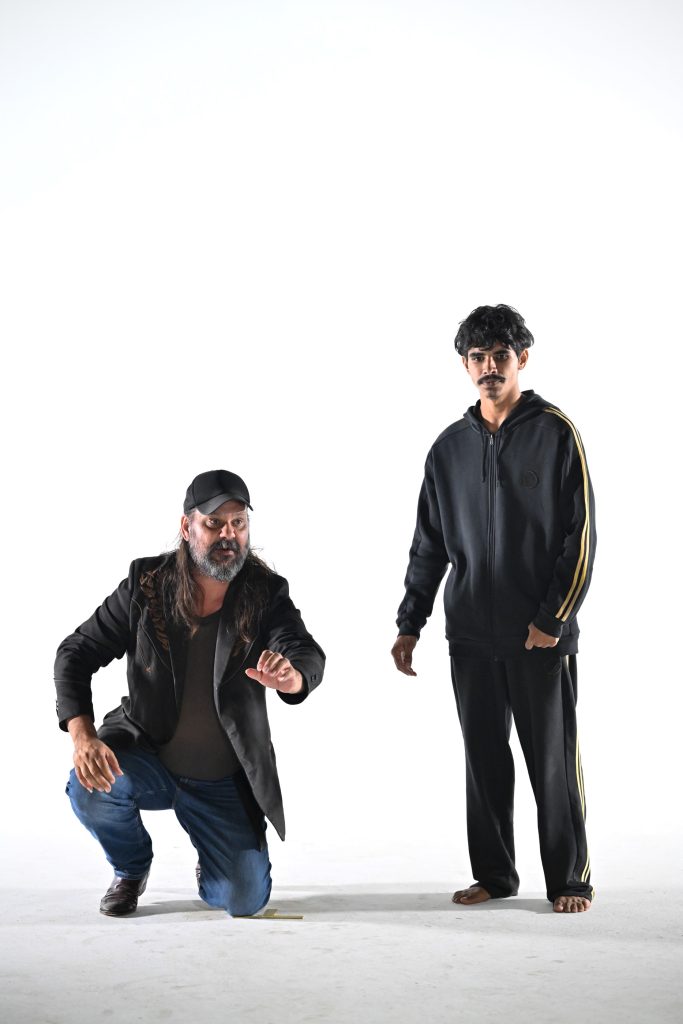
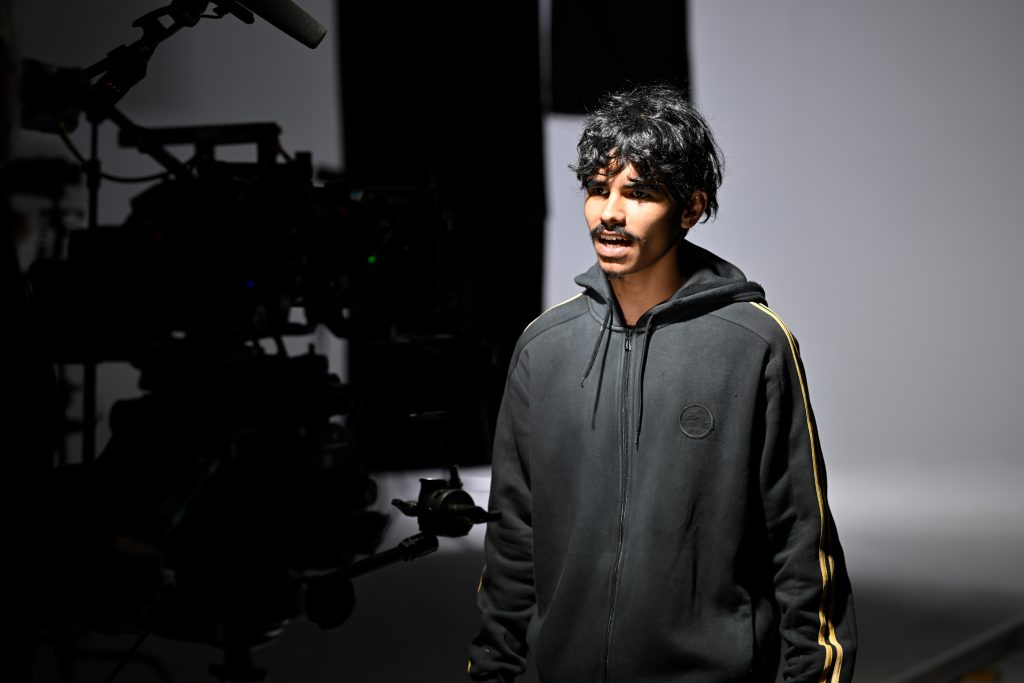
Dr Tracy Westerman AM, a Nyamal woman and founder of the Jilya Institute, says the problem isn’t just the lack of services – it’s that the system was never built with Aboriginal people in mind. “This country’s mental health system was built by the most privileged, for the most privileged – but it’s being used to treat the people who’ve had the least,” said Dr Westerman. “We don’t need more tweaks to a broken system. We need to completely reimagine it – with Aboriginal people leading the design, the delivery and the healing.”
Through her organisation, the Westerman Jilya Institute for Indigenous Mental Health, Dr Westerman is already driving change. By providing scholarships for Indigenous students from high-risk communities to become psychologists – it aims to create a workforce that understands the unique cultural context of the people it serves.
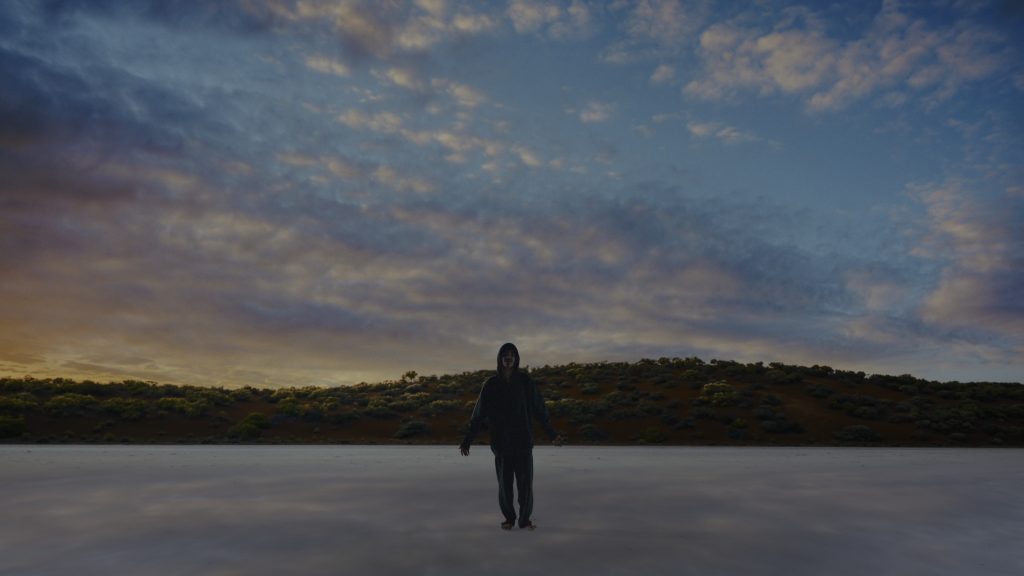
Actor Pedrea Jackson (Jingili-Mudburra-Waramungu), poet Dakota Feirer, songman Fred Leone (Butchulla) and Kings Narrative founder Tyson Carmody (Arrernte) all lent their voices and stories to the campaign.
The campaign’s message is grounded in hope, culture, and strength – showing that culture is not just part of the solution, but the solution itself.
“Australia has grown used to hearing from non-Aboriginal people about all the ways Aboriginal lives need to be ‘fixed’,” said Jackson Long, Creative Director, Apparent Agency, who spearheaded the campaign. “What we’re asking is that people stop and listen to Aboriginal people. Because the stories in this film – stories of pain, but also of strength and cultural pride – are where the answers lie.”
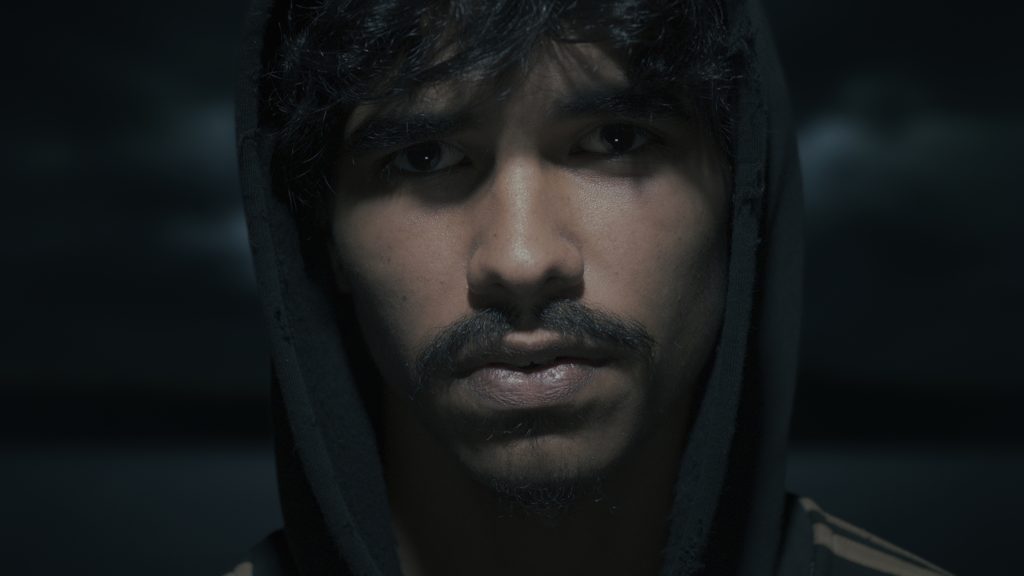
“For decades, we’ve seen what doesn’t work,” says Dr Westerman. “But we also see that when young people are grounded in culture, when they understand their identity and where they come from, they begin to heal. That’s not symbolic – that’s lifesaving,” she said.
The Change Direction Campaign will run across donated media placements, supported pro bono by agency Apparent, Photoplay Films, Kojo (post production) and Otis (sound and music).
“This isn’t just a campaign – it’s a call to action,” said Long. “If you care about Reconciliation, if you care about young people surviving in this country, then contribute. Watch the film. Share it. Have uncomfortable conversations. And if you can, help fund the next generation of Aboriginal psychologists by making a donation.”
For more information, to view the Change Direction film or to make a donation, visit www.changedirection.com.au.
About the Westerman Jilya Institute
The Westerman Jilya Institute for Indigenous Mental Health is an Indigenous-led organisation working to address the extreme mental health inequities faced by Aboriginal people. Jilya provides scholarships and support to Aboriginal psychology students from high-risk communities, ensuring culturally safe care is delivered by people with lived experience. To date, 64 students have been supported, with 17 graduates and seven more set to graduate in 2025. Jilya’s goal is to train thousands of Indigenous psychologists, embedded in communities across the country.




